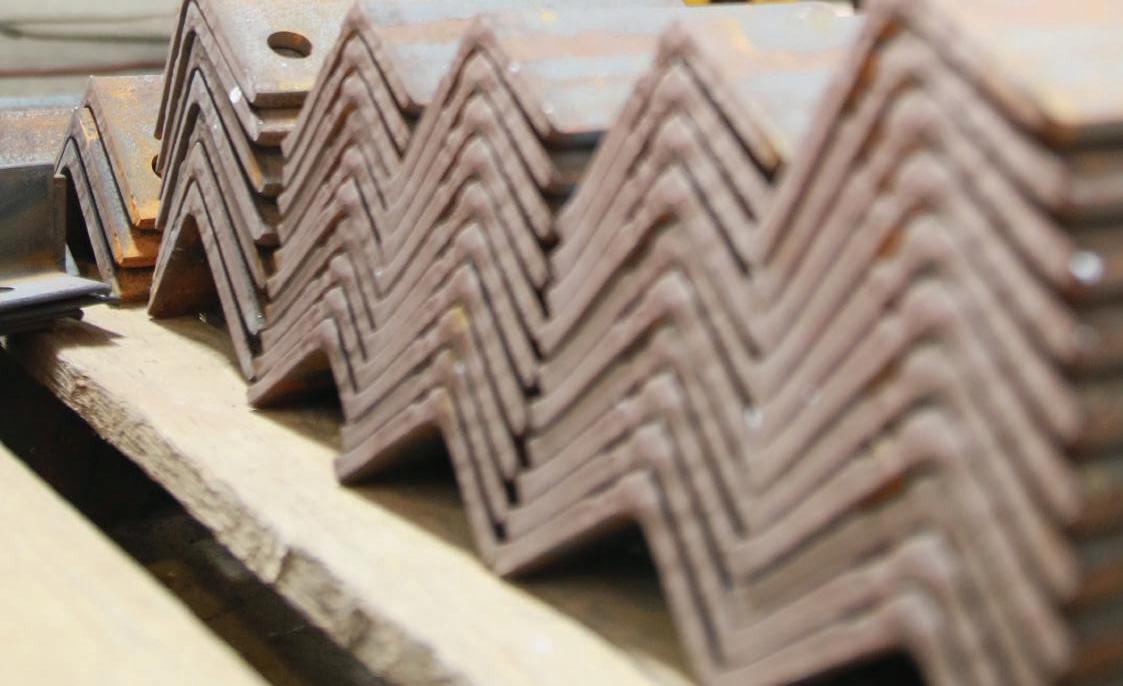SAISC STEEL CONSTRUCTION JOURNAL SAISC STEEL CONSTRUCTION JOURNAL
MEMBER VIEWS NICOLETTE SKJOLDHAMMER, MANAGING DIRECTOR, BETTERECT
SUPPORTING TEAM AFRICA
The strongest link is local: Africa must support African supply chains to unlock sustained economic growth The current Covid19-related economic challenges both locally and throughout the Africa starkly highlight the need for pan-African companies and governments to support African supply chains, and in so doing, to boost economic activity on the continent. This can be achieved by procuring the production of goods and services for infrastructure and industrial projects via the mechanism of ‘Team Africa’, which is a concept in which local suppliers and manufacturers collaboratively supply mining, industrial, power generation and other sector projects. “Covid-19 provides further impetus for Africa to support its own supply chains which will stimulate business in a myriad of upstream and downstream supply chains,” says Nicolette Skjoldhammer, Managing Director of South African steel fabricator and erector Betterect.
4
which industrial supply chains on the continent can collaboratively drive growth, is when companies focusing on the supply, processing, fabrication and erection of steel structures join forces to deliver pan-African infrastructure projects in the mining, power generation, petrochemical and other industries. “These companies are able form a cooperative and synergistic ‘Team Africa’, which supplies and processes the steel, or fabricates and installs the finished steel structures,” she explains. “South Africa and its counterparts like Nigeria and Ghana certainly have the expertise to successfully undertake the design, fabrication and installation of large steel structures throughout the continent. We have not only proven this over years of successfully participating in new and expansionary mining, power generation and other infrastructure projects; but also by supplying the core expertise in large structural steel projects under the auspices of European and Asian companies,” says Skjoldhammer.
“While the new intra-African trade agreement provides opportunities and incentives for African stakeholders to procure from local businesses, the effects of the Covid-19 pandemic have shown industry just how dependent Africa has become on the Asian supply of goods and services, and prices of Asian consumables – to name but one supply chain item among many - are rising exponentially,” she advises.
“In fact, if you peel away the various levels of project supply, frequently you will find that South African and African expertise and capabilities remain at the core,” she asserts. What is admittedly still standing in the way of opportunities for ‘Team Africa’ to grow its business on the continent is the perception that Asian goods and services are more cost-effective than those locally available; and the fact that project financing is often provided by Asian companies. However, according to Skjoldhammer, the truth of the matter is that when potential clients and their estimators look at sourcing costs, they often do not consider the cost of a fully erected steel fabrication project, for example.
Skjoldhammer says that one of the ways in
“Our experience has shown us that equipment fabricated in







